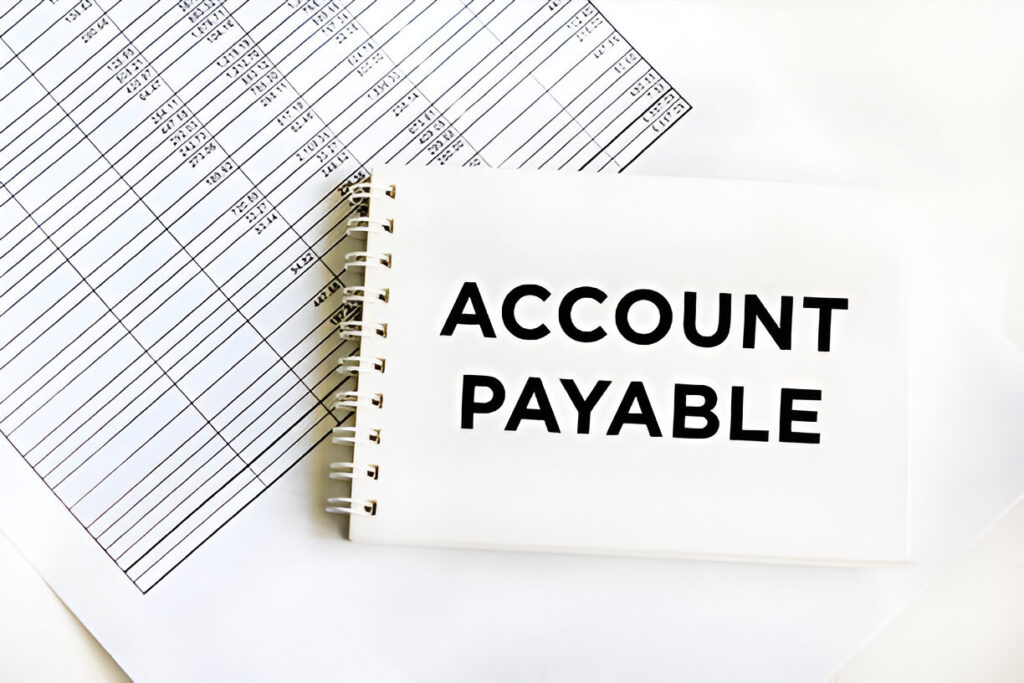Paying bills on time? That’s just the surface. Accounts payable is your business's financial engine. Done right, it strengthens vendor trust, saves cash, and keeps operations smooth. It’s not about adding staff. It is about using smart systems and following accounts payable best practices.
Business costs keep rising. As expenses increase, they bring more risks. Without structure, teams make errors, delay approvals, and test vendor patience. That’s why businesses must follow the best practices in accounts payable now more than ever.
What Are Accounts Payable?
AP is what you owe vendors, suppliers, and contractors. These short-term debts directly impact your cash flow and credibility. If payments stall or data gets lost, you risk double charges and vendor complaints. You need more than invoice processing. You need a team that tracks, approves, and records every expense with a purpose. That mindset turns AP into a power tool, not just a task list.Why Small Businesses Must Improve AP
If you run a small business, cash flow is everything. But without structure, you miss early payment discounts and get stuck with late fees. And worse, you lose track of what’s due and when. Instead of scrambling every week, apply good accounts payable practices. With consistent workflows and faster approvals, you reduce mistakes and gain vendor trust.10 Accounts Payable Best Practices That Work
Here’s what successful businesses do to level up their accounting workflows:1. Centralize Invoices
Use one system or inbox. This reduces confusion and keeps every invoice easy to find.2. Standardize Approvals
Create clear rules on who approves, how much they can, and when they act. No more bottlenecks.3. Automate Three-Way Matching
Match invoices with POs and receipts. It prevents fraud and makes your data more reliable.4. Keep Vendor Records Digital
Store vendor details, tax files, and terms in one platform. This reduces errors and missed payments.5. Measure Everything
Track invoice timing, error rates, and approvals. These metrics show what needs fixing.6. Enable Mobile Approvals
Let managers approve on phones. That way, AP doesn’t stall during meetings or remote work.7. Limit Manual Input
Use OCR tools or scanning software. Less typing means fewer errors and faster entries.8. Enforce Internal Controls
Apply accounts payable internal controls best practices. Separate duties and set limits to reduce risk.9. Offer Vendor Portals
Let vendors check their payment status. This saves your team from endless email threads.10. Train the Team
Tech only works when your team uses it right. Keep everyone sharp with ongoing training.Avoid These Costly AP Mistakes
Common AP issues? Late payments, duplicate invoices, and missing approvals. They all create problems, disputes, vendor churn, and wasted money. The fix is simple: follow best accounting practices for accounts payable daily. Do these:- Reconcile records every day
- Digitally store all invoices
- Keep documents organized
- Create backups
Use Technology to Move Faster
Manual AP slows you down. It also leaves room for error. The fix? Use platforms that digitize invoices, route them automatically, and show real-time dashboards. You can set up logic like this:- Invoices over $5,000 go to the CFO
- Smaller ones route to the department heads
Why Internal Controls Matter So Much
Good controls protect your cash, your vendors, and your reputation. Apply accounts payable internal controls best practices to limit access, require multi-step approvals, and keep a clean audit trail. Too many small businesses skip this. But with growing fraud risks, that’s no longer an option. Good controls make your AP process secure, transparent, and easy to review.What Makes a Strong AP Strategy?
A good AP strategy isn’t just digital. It’s disciplined. You need standard steps, consistent approvals, and clear reports. This means applying best practices in accounts payable every single day. When that happens, CFOs and owners gain visibility. They can plan for payments ahead of time, not scramble last-minute. Predictability saves money and nerves.How Accounting Biz Sales Helps You Win at AP
At Accounting Biz Sales, we help businesses stop struggling with outdated AP processes. We work with growing companies to build fast, smart, and secure workflows. Here’s what we do:- Set up modern tools
- Add smart approval routes
- Improve team efficiency
- Help you follow accounts payable best practices
